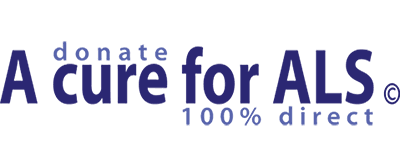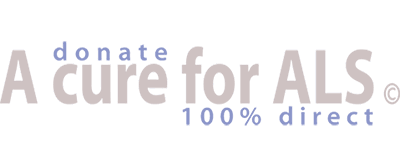Presentation Professor De Jonghe
Heredity in ALS?
Most of the time these are isolated cases.
However, there is a variant that is hereditary (SOD-1 gene identified in transgenic mice): genealogical trees with ALS, but these are very rare.
Rule: nobody in your family (parents, aunts, uncles, nephews, nieces …) with ALS: nearly no risk for heredity, nothing to fear
Is heredity testing 100% safe?
No, there are several variants of family ALS: mutations in the SOD-1 gene are possible:
If at the test SOD-1 is negative: you know what you could presume. But other variants you don’t know…
If at the test SOD-1 is positive: positive towards hereditary ALS
What if with your ancestors there were people with Parkinson?
This has nothing to do with ALS, coincidental associations are possible however.
How many patients have ALS?
Estimation: +/- 800 in Belgium, 384.000 worldwide
However there is some uncertainty about the numbers. Frequency is comparable in all countries (Asia and Africa less frequent).
In the Western population one thinks of 1/100.000 patients that develop ALS, most of the time between 45 and 75 years of age.
Influence of certain regions/cities in ALS?
No information available due to a lack of studies.
A certain island due to the Cicas-palm that would be a toxic substance for motor neurons (transmitted by bats).
There was also a discussion about other influences: with football players (head, muscle injuries,…?) Gulf War veterans (chemical weapons, …?)
Is ALS now more common than previously?
No, but people talk about it more (also thanks to the ALS Liga), the honesty of doctors about the diagnosis …
Veronique De Sitter
Translation : Tina


